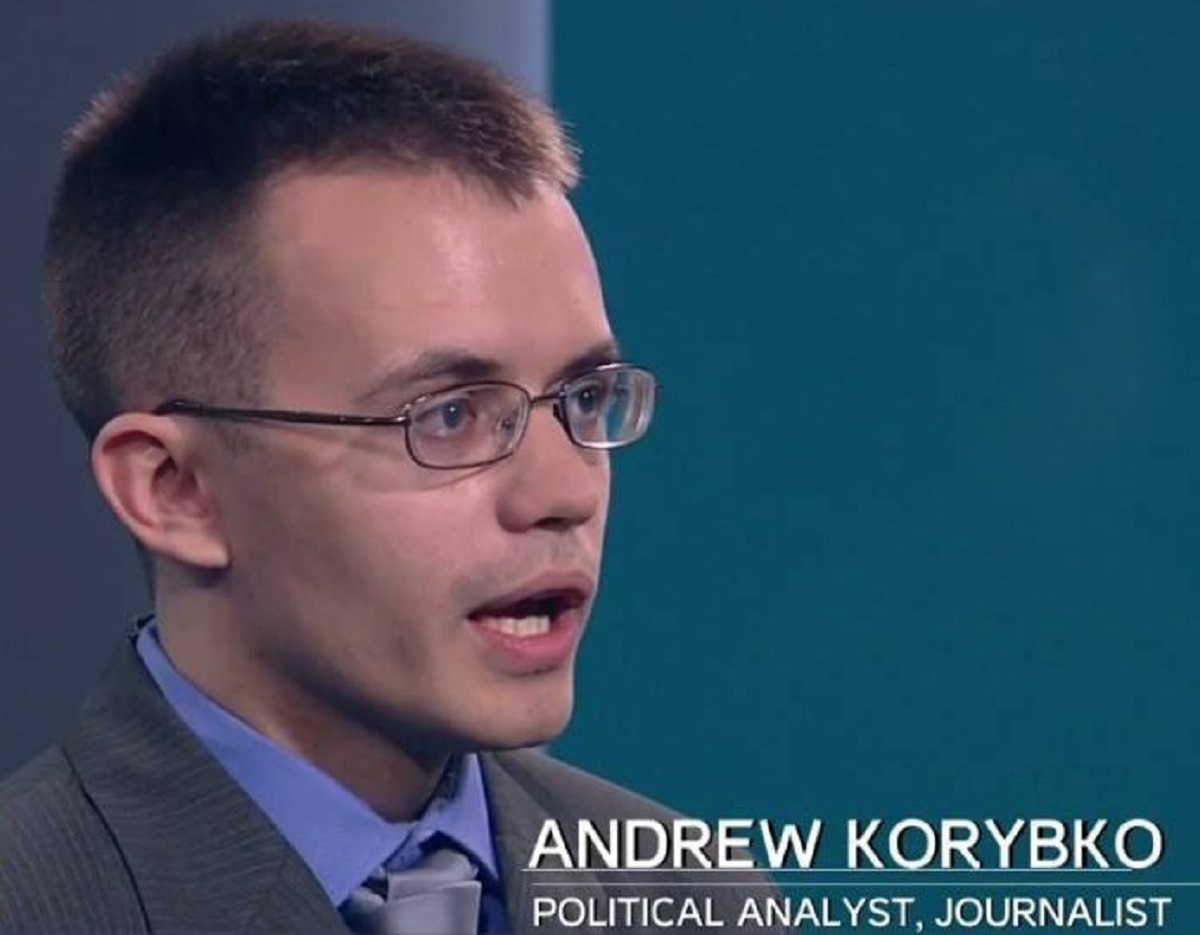African Countries Must Pool Diplomatic Efforts to Achieve Equitable UNSC Reform: American Political Analyst - ENA English
African Countries Must Pool Diplomatic Efforts to Achieve Equitable UNSC Reform: American Political Analyst

December 9 /2021 /ENA/ African countries must collectively pool their diplomatic efforts to achieve equitable United Nations Security Council (UNSC) reform that enables the continent to be represented in the global body, the American political analyst Andrew Korybko said.
Talking to ENA, he said the UNSC is long overdue for comprehensive reform in order to align this top global body with the radical changes that have been taken place in the seven and a half decades since its founding.
As it stands, the UNSC permanent members represent World War II victors and the only legal nuclear weapons states.
Since then, conventional colonialism has ended, dozens of countries obtained independence (especially in Africa), and other countries have obtained nuclear weapons too, the analyst elaborated.
Furthermore, Korybko stated that the world is presently in the midst of an emerging multipolar order that has seen many Global South states become much more prominent in international affairs.
“The failure to thus far reform the UNSC to reflect this change is due to its permanent members disagreements about this issue,” he noted.
Regrettably, this has led to the growing perception that this global body is out of touch with the global public, according to the analyst who added that “this in turn has driven concerns that some of its decisions, especially those related to Africa, might be considered unfair.”
He said “a balance certainly needs to be struck in order to expand the UNSC without hamstringing its efficiency, which is admittedly already pretty challenged as it is due to the US-led Western bloc’s resistance to Chinese and Russian initiatives, including their proposed reforms.”
Therefore, all African countries must collectively pool their diplomatic efforts in order to achieve equitable UNSC reform enabling their continent to finally be represented in this global body, Korybko stressed.
However, there must be a fair process in place for selecting which African country or countries will have a seat at the UNSC.
According to him, one possibility could be for the African Union to decide the issue among itself, such as agreeing to have a certain number of countries like Ethiopia, Nigeria, and South Africa rotate every few years with a mechanism in place for expanding the circle of states in response to the continent’s political and economic evolution across the coming century so as to ensure maximum equality.
Nevertheless, all of this remains an academic discussion for now until there is tangible reform in the UNSC in order to allow Africa to be represented there in the first place, but China and Russia can be counted on to help, the analyst added.
Another possibility building upon the prior one that was proposed is for the African Union to rotate countries after a certain period of time in order for each of its regional integration blocs to be represented.
To elaborate, ECOWAS, IGAD, and SADC, among others, could then decide among themselves which of their members would take Africa’s UNSC seat during each bloc’s rotational term.
Of course, it might also be decided by the African Union that whichever country or countries are selected would receive permanent representation without any rotations, just like is the case with the global body other permanent members.
Korybko believes that the rotational proposal should still be seriously considered because it could be a pragmatic compromise among those countries in the continent that might compete for such a permanent seat or seats.
“This must be decided by Africans themselves and no solution should be imposed from abroad. Whether Africa wants traditional permanent representation or a rotating form thereof, its decision must be respected by all,” he elaborated.
“It’s simply the fairest and most equitable policy available since deciding African issues without African representation isn’t right. All states are legally considered to be equal to one another under international law, though with the caveat being that the UNSC’s decisions are legally binding,” the analyst underscored.
Korybko noted that this means there is a de facto hierarchy of states, which reflects the international reality of the times, while this might have been considered fair and equitable in the past.
The UNSC’s present composition is indisputably outdated, considering the paradigm changes in international relations connected with the emerging Multipolar World Order, he noted.
Prime Minister Abiy Ahmed announced yesterday that he has joined other African leaders in reiterating that a continent of around 1.3 billion people needs a permanent voice and seat at the UNSC, represented through a bloc.
Currently, only three African countries are holding temporal seats at the council.